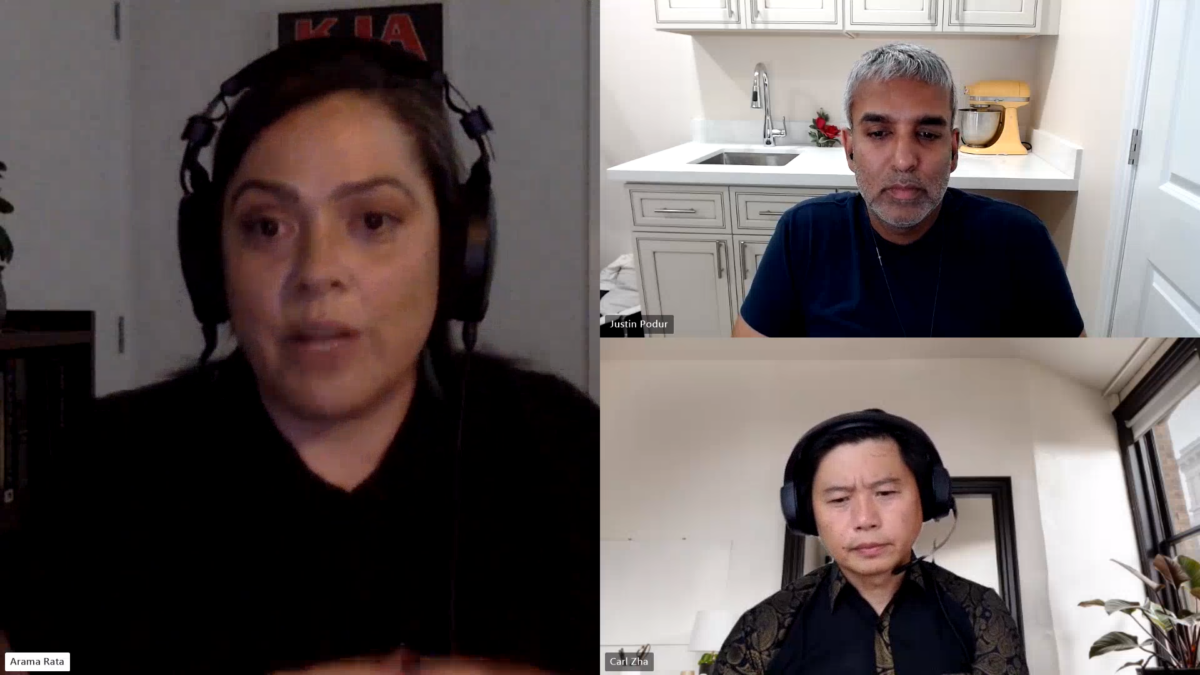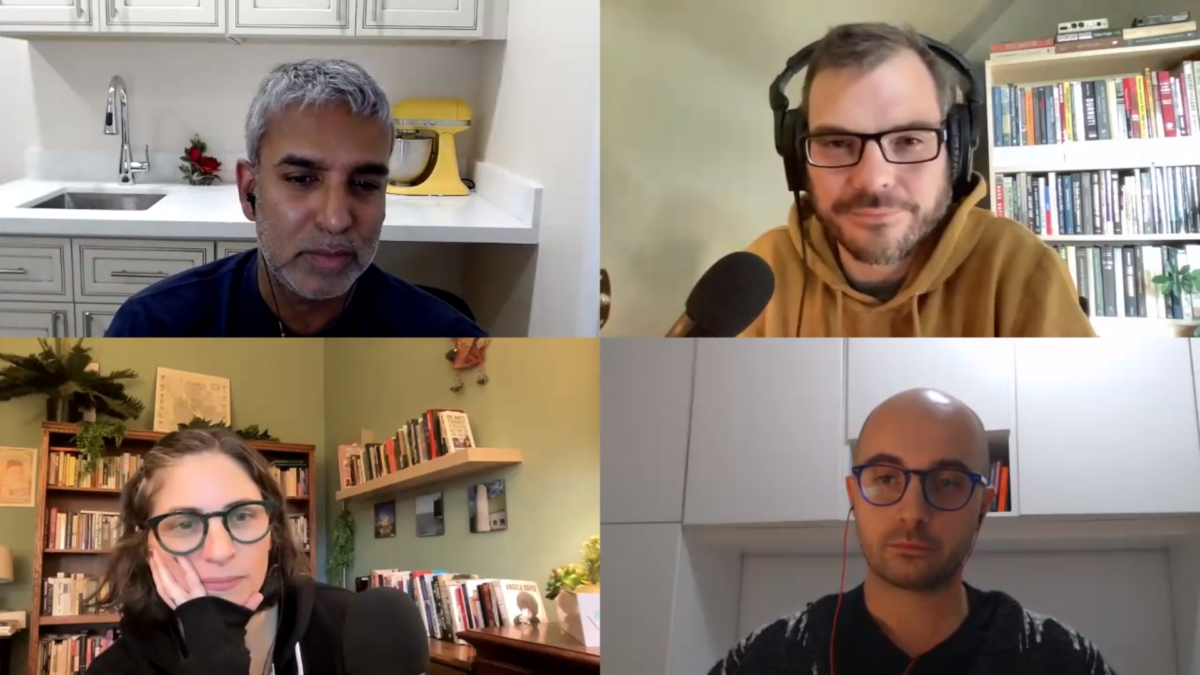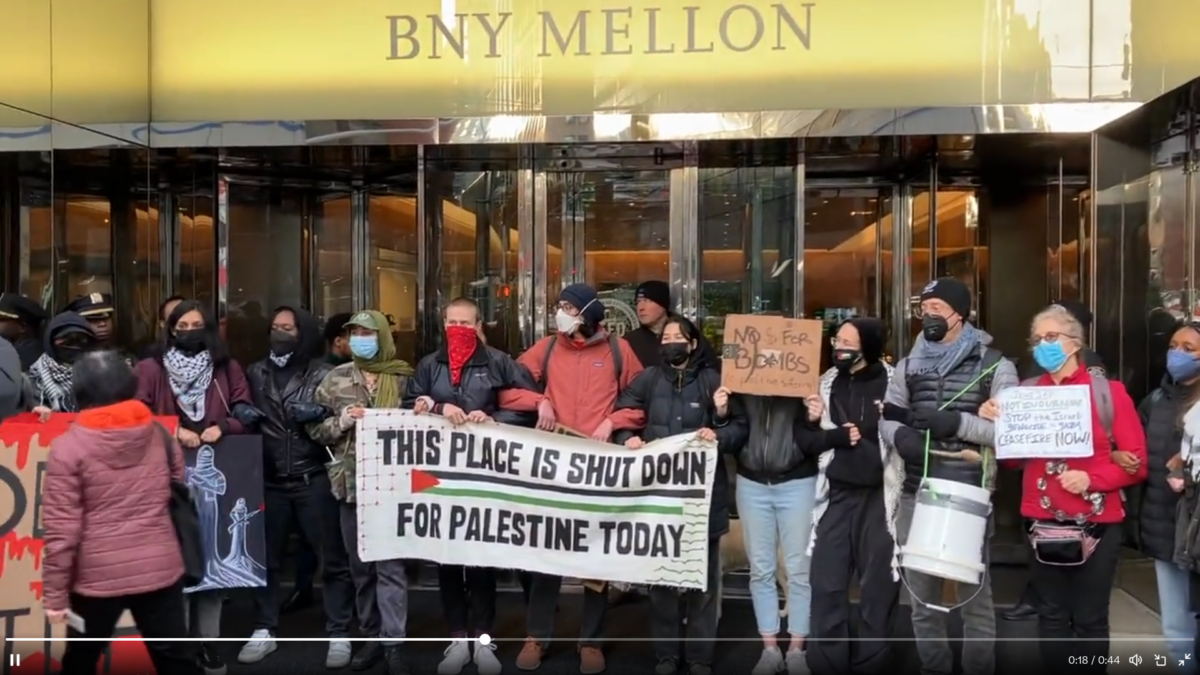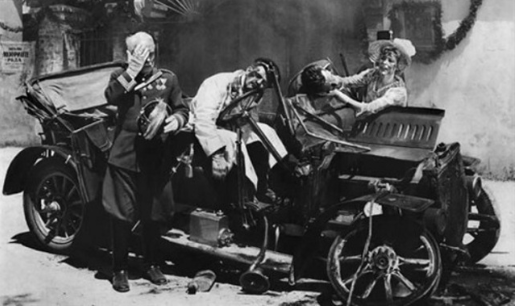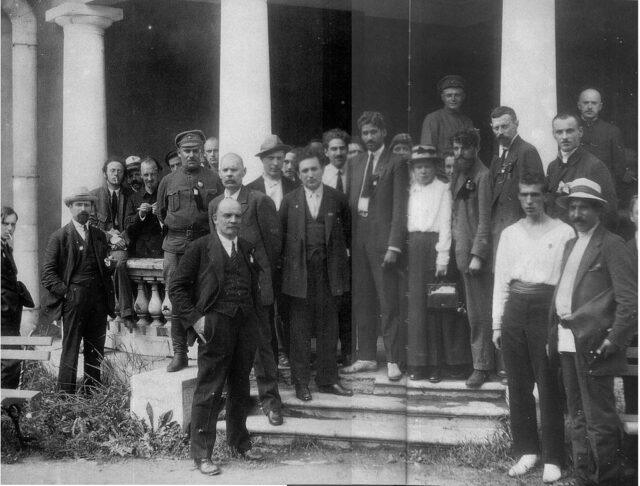Germany brings the big guns to Belgium, sacks Louvain and follows the doctrine of terrorizing civilians. The British Expeditionary Force whose commander’s name is French, joins France for some battles. A war of maneuver ends with a non-breakthrough on the Marne and the race to the coast. 1914 ends with no winner, and no one’s home by Christmas after all.
In Real Time with Stan Cox 15: Refugees, Wars, and Rebellious Scientists
Stan Cox is back to talk about climate refugees, rebellious scientists, and of course Gaza. Our monthly chat finds us both a bit discombobulated by the war, but we try to survey the climate situation anyway.
AER 132: The Gaza War as settler-Indigenous warfare & as people’s warfare – CAUKUSZIANS reunite
The CAUKUSZIANS unite once again, this time to look at the Gaza war through a couple of different lenses: Arama through the lens of settler-Indigenous warfare in the wars fought by the Maori to defend their land from Anglo settlers, and Carl through the lens of protracted people’s war and the Chinese experience of fighting the Japanese occupation.
AER 131: Tankie Group Therapy #4: Gaza War Week 6
The alliance between the East is a Podcast, the Brief, and the Anti-Empire Project continues as we discuss the Gaza War six weeks in (since October 7 2023). Structured as group therapy (the fourth in the series) we cover some of the news, the dynamic of aggression and resistance, military analysis of guerrilla war, the painful search for historical analogies to help us understand the moment, and more.
Anti Empire Radio 130: Palestine Action and the focus on Elbit Systems
A discussion with Calla and Fergie from Palestine Action US about the theory of direct action and how activists have tried stop the flow of Western weapons that are being deployed against Palestinians in Gaza, instead of, e.g., moral suasion on Western politicians. The Palestine Action UK precedent and the reason for Palestine Action’s focus on Elbit Systems, the flagship corporation of Israel’s military industrial complex.
WWCiv 26: How World War One Started
A horrible event shocks the world. The affected power, enraged, threatens war and gives an ultimatum. Looking around for allies, it’s given a “blank cheque” by its powerful patron – one of the great powers of the world. With that patron’s guarantee, the march to war starts. But the smaller power, about to be invaded, also has powerful allies, who mobilize their forces in turn. Once the mobilization and counter-mobilization begins, the march to war seems irreversible. Then, the power who wrote the blank cheque decides to strike first – pre-emptively, to try to take out one of its enemies before facing the others. We’re talking about 1914, and how WW1 started.
AER 129: War on Gaza on day 22
Joined by Jon Elmer and Nora Barrows-Friedman from The Brief / Electronic Intifada to talk about the War on Gaza, including the preparation for ground invasion, the siege, and the attack of October 7.
World War Civ 25: Tragic Week in Spain 1909
The near-revolution in Spain in 1909 turns out to be more of a cause of World War 2 than a cause of World War 1 but it includes anarchism, conspiracy, revolution, and ends in a show trial. Our final pause before we roll into the immediate causes of WW1.
World War Civ 24: Why socialists failed to stop the war
Leading up to 1914 socialist movements all over Europe, notably in France and Germany, had become so strong that they were in the very halls of power. But when faced with the onset of the Great War, the established socialists blinked, unwilling to risk their heard-earned position and possibly be arrested and have their parties driven underground again. This is precisely what they should have done, argued Lenin in 1915. We discuss this possible missed opportunity – why the socialists failed to stop the war before it started.
World War Civ 23: The Rise and Fall of the Gold Standard, 1873-1914
Was the collapse of the international gold standard – established in 1873 – in 1914, a sure sign that war was coming? Was gold a “peaceful metal”, as Michael Hudson has argued? Does the history of finance and money, tied up with states and war, provide a theory of everything? We go way back to Greek and Roman times and forward all the way to 1914, drawing insights from modern monetary theory (MMT), Indian Political Economy (IPE), advocates of debt-free money creation (notably Stephen Zarlenga), to follow the rise and fall of the gold standard and of bimetallism. It’s a weird world mostly ignored by mainstream economics. But not by Civilizations!


